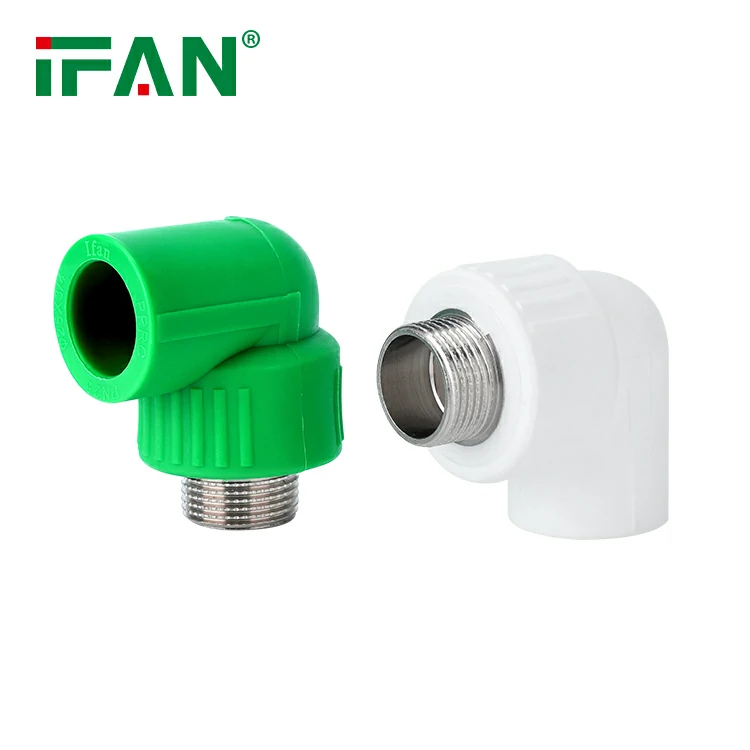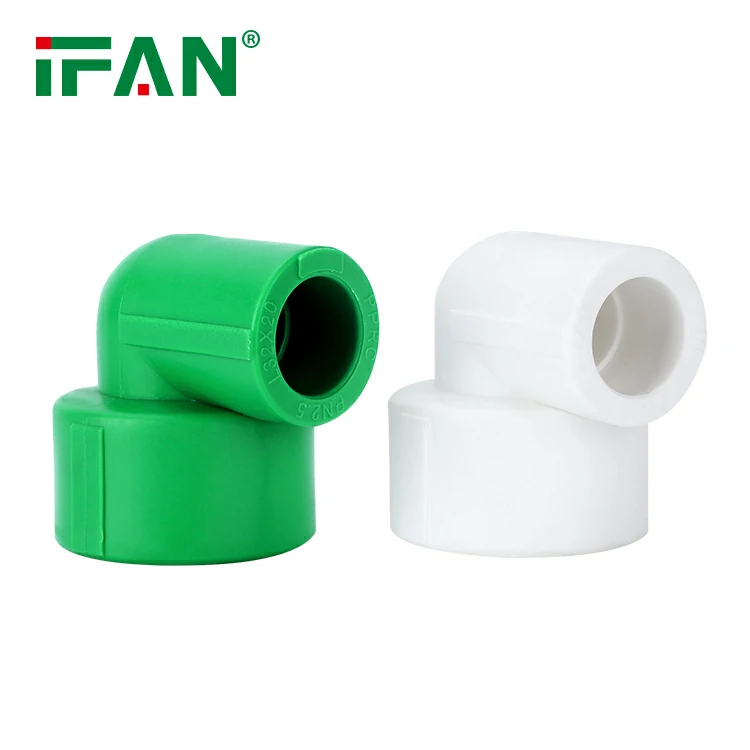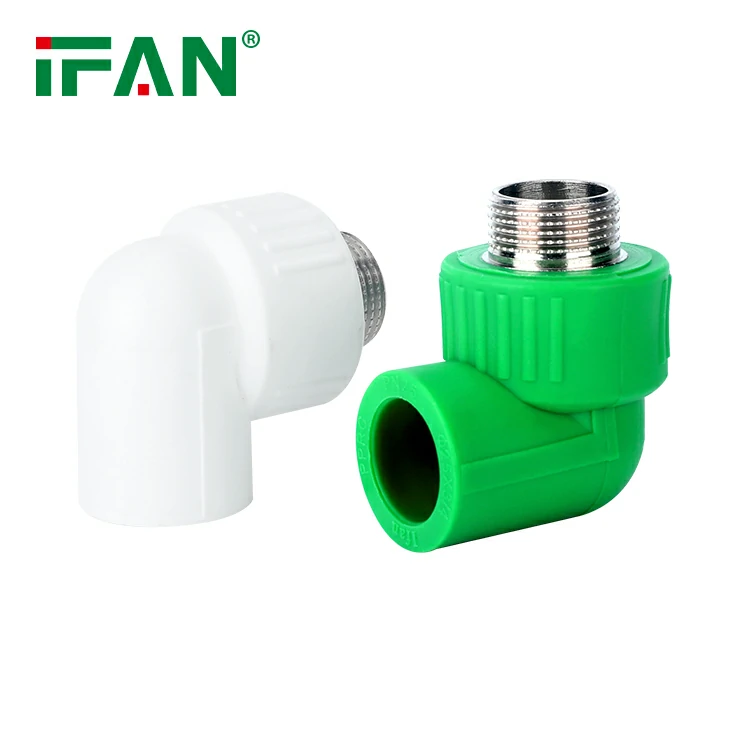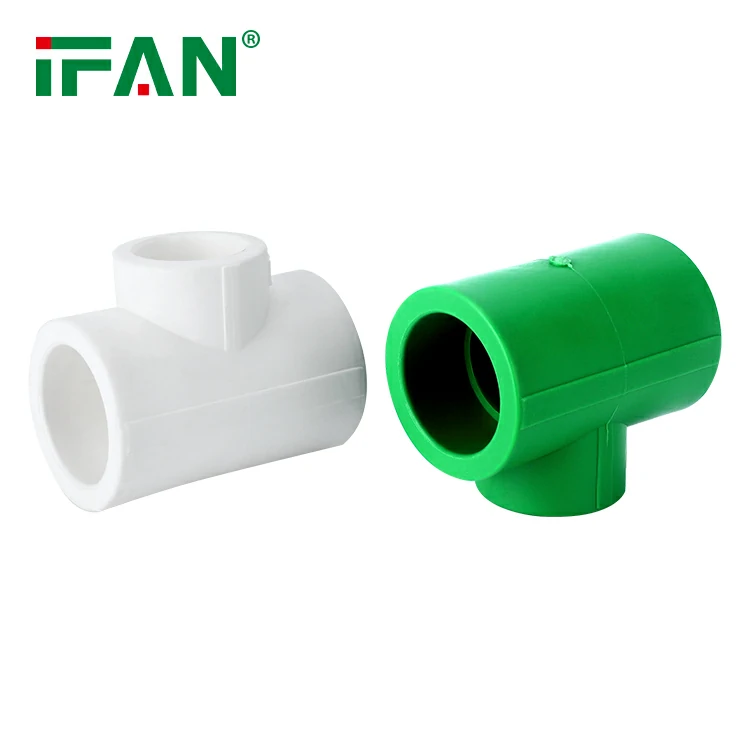Ethiopia, a country rapidly developing in infrastructure, has made significant strides toward industrialization, particularly in the plumbing sector. One such advancement is the establishment of a state-of-the-art plumbing system factory aimed at producing high-quality plumbing products, including PPR fittings, to reduce dependence on imports while boosting export trade. This move aligns with Ethiopia’s broader economic goals of self-sufficiency, import substitution, and enhancing its presence in global markets. In this article, we will delve into how this new plumbing system factory is set to change the landscape of plumbing manufacturing in Ethiopia, with a focus on PPR fittings and their growing demand.
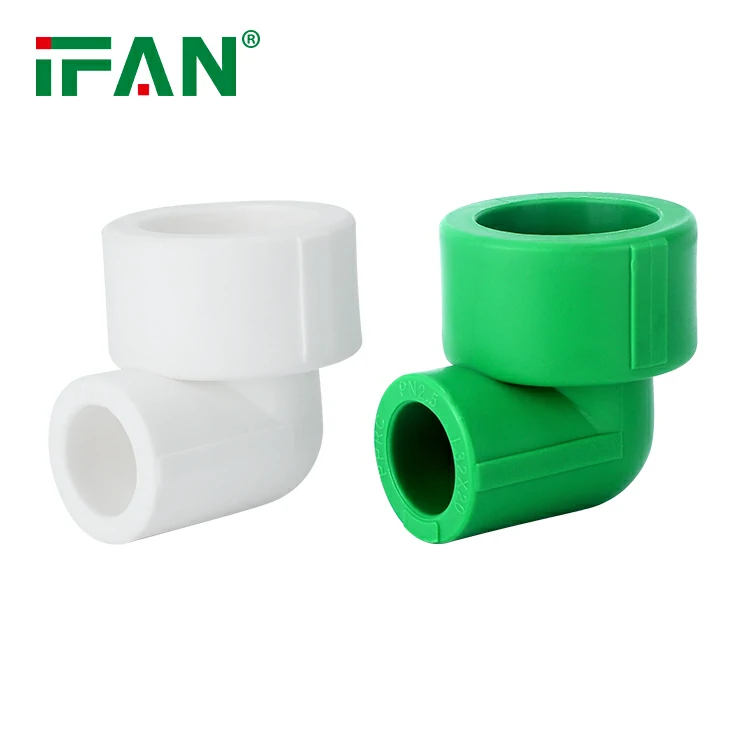
The Need for a Plumbing System Factory in Ethiopia
Ethiopia’s growing urbanization and industrial development have led to an increasing demand for reliable plumbing systems. Previously, Ethiopia relied heavily on importing plumbing products, including PPR fittings, from international suppliers. This reliance on imports not only strained the country’s foreign exchange reserves but also limited the growth of the local manufacturing sector.
With a population of over 115 million and an expanding middle class, Ethiopia’s construction and infrastructure sectors have seen rapid growth. As a result, there has been a rising need for durable, cost-effective, and locally produced plumbing solutions. To address this demand, the establishment of a plumbing system factory in Ethiopia will play a pivotal role in meeting the nation’s needs for high-quality plumbing products, fostering domestic production, and ultimately reducing import dependency.
The Role of PPR Fittings in Plumbing Systems
PPR fittings, made from polypropylene random copolymer, have become a staple in modern plumbing systems due to their durability, resistance to high temperatures, and cost-effectiveness. These fittings, used to connect PPR pipes in water distribution systems, are critical in both residential and industrial applications.
PPR fittings are known for their corrosion resistance, which makes them ideal for transporting water and other fluids. They are also less likely to scale, making them more efficient and longer-lasting compared to traditional metal pipes and fittings. The increasing preference for PPR fittings in Ethiopia’s growing infrastructure projects is driven by their excellent performance in high-pressure environments and their environmentally friendly characteristics, as they are 100% recyclable.
The Benefits of Import Substitution in Ethiopia’s Plumbing Industry
Ethiopia’s move to build a plumbing system factory is a key step in its strategy of import substitution. By producing high-quality plumbing products domestically, Ethiopia can save significant foreign exchange that would otherwise be spent on imports. Furthermore, the country can stimulate local economic growth, create jobs, and develop a competitive manufacturing sector.
Import substitution not only reduces the country’s dependency on foreign products but also allows local businesses to develop and maintain technical expertise in the manufacturing process. The PPR fittings manufactured in Ethiopia will help the country establish itself as a regional leader in plumbing system production, enabling it to better meet local demand while positioning itself as an exporter to neighboring countries.
Export Trade and Market Expansion Opportunities
Beyond import substitution, the establishment of a plumbing system factory opens up significant export trade opportunities for Ethiopia. As the demand for PPR fittings grows in neighboring countries, the factory will be well-positioned to meet the plumbing needs of the broader East African market.
Countries in the region, including Kenya, Uganda, Sudan, and Somalia, are experiencing rapid urbanization and infrastructural development. These nations will benefit from affordable and high-quality PPR fittings produced in Ethiopia, reducing their reliance on imports and fostering regional trade cooperation. Exporting plumbing systems not only helps Ethiopia earn valuable foreign currency but also establishes the country as a key player in the regional and international plumbing market.
The factory’s ability to produce competitively priced, durable PPR fittings will allow Ethiopia to compete with established global manufacturers, positioning the country as a viable option for countries seeking cost-effective plumbing solutions. The factory could also explore international markets, with the potential to export to other parts of Africa, the Middle East, and beyond.
Technology and Innovation in Plumbing System Manufacturing
The establishment of the plumbing system factory will involve the integration of advanced manufacturing technologies to ensure the production of high-quality PPR fittings. Automation and modern machinery will play a critical role in streamlining production processes, improving efficiency, and ensuring consistent product quality. Additionally, Ethiopia’s emphasis on research and development will help foster innovation in plumbing system design and manufacturing techniques.
The use of advanced technologies will also enable the factory to produce a wide range of PPR fittings to meet the diverse needs of the market. This includes various types of connectors, elbows, tees, and reducers, as well as custom designs for specific applications. By investing in cutting-edge technology, the factory will be able to maintain high production standards and offer products that align with international specifications.
Employment and Skill Development
The establishment of a plumbing system factory in Ethiopia will create significant employment opportunities, particularly for skilled workers in the manufacturing, technical, and design sectors. As the factory ramps up production, local workers will gain valuable experience and training in plumbing system manufacturing and quality control.
Moreover, the factory’s success will drive the need for more specialized labor, including engineers, technicians, and quality assurance specialists. By investing in human capital, Ethiopia can build a workforce capable of supporting the growth of its manufacturing sector, ensuring long-term economic development.
Environmental Sustainability
The factory’s focus on producing PPR fittings aligns with Ethiopia’s commitment to environmental sustainability. PPR fittings are environmentally friendly, as they are made from recyclable materials and are designed to have a long lifespan. Their resistance to corrosion and scaling also reduces the need for frequent repairs or replacements, resulting in less waste over time.
By adopting sustainable manufacturing practices, the factory can contribute to Ethiopia’s overall environmental goals, including reducing waste and lowering carbon emissions associated with plumbing system production.
Conclusion
The establishment of a plumbing system factory in Ethiopia is a significant step forward in the country’s industrial development. By producing PPR fittings and other plumbing products domestically, Ethiopia will reduce its reliance on imports, boost exports, and contribute to regional trade. The factory’s use of advanced technologies and commitment to environmental sustainability ensures that Ethiopia’s plumbing industry will remain competitive and aligned with global standards.
With the growing demand for PPR fittings in Ethiopia and neighboring countries, the new factory presents exciting opportunities for economic growth, job creation, and regional trade cooperation. Ethiopia is well on its way to becoming a leading producer and exporter of plumbing systems in Africa.
Frequently Asked Questions (FAQs)
- What are PPR fittings, and why are they important in plumbing?
PPR fittings are made from polypropylene random copolymer and are used to connect PPR pipes in plumbing systems. They are known for their durability, resistance to high temperatures, and corrosion resistance, making them ideal for water transportation systems. - How will the plumbing system factory benefit Ethiopia’s economy?
The factory will reduce Ethiopia’s reliance on imported plumbing products, save foreign exchange, create jobs, and contribute to local economic growth. It will also open up export opportunities to neighboring countries, strengthening regional trade. - What are the environmental benefits of using PPR fittings?
PPR fittings are environmentally friendly as they are made from recyclable materials. They are also resistant to corrosion and scaling, which reduces the need for frequent repairs or replacements, minimizing waste over time. - Which countries in East Africa could benefit from Ethiopia’s plumbing system factory?
Neighboring countries such as Kenya, Uganda, Sudan, and Somalia, which are experiencing rapid urbanization and infrastructure development, will benefit from affordable, high-quality PPR fittings produced in Ethiopia. - What role does technology play in the plumbing system factory’s operations?
Advanced manufacturing technologies, such as automation and modern machinery, will be used to produce high-quality PPR fittings efficiently. These technologies will ensure consistent product quality and allow the factory to offer a wide range of plumbing products to meet market demands.

